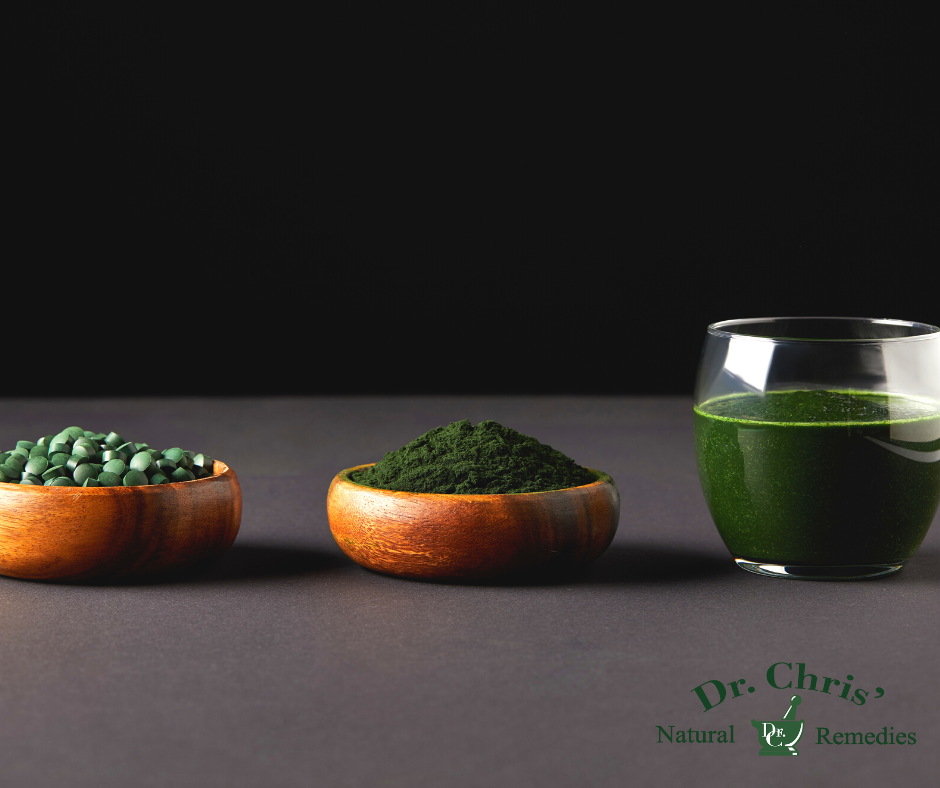
Spirulina Health Benefits
by Legend Bourne DC
Spirulina is a blue-green algae that grows in fresh and saltwater. It is also known as “sea vegetables” because it is one of the few plants that can survive in the harsh conditions of the ocean.
The herb is rich in antioxidants which have anti-inflammatory effects on the body. The pigment phycocyanin found in spirulina has been found to reduce inflammation and also kill cancer cells, making it a potential cancer treatment.
Key Reasons Why You Should Implement Spirulina in Your Daily Routine
Studies have also shown that a protein in spirulina lowers cholesterol levels, which helps keep your arteries clear and reduces the strain on your heart caused by blood clots.
Its protein also helps reduce triglycerides in your blood. These fats can contribute to the hardening of arteries and other health problems. The nitric oxide produced by spirulina also helps your blood vessels relax and widen. This can reduce your blood pressure, lowering your risk for heart disease.
When it comes to boosting your immunity, Spirulina contains a range of vitamins and minerals, including E, C, and B6. These vitamins help build up your immune system so that you have resistance to viral infections, bacterial infections, and other diseases like colds, flu, etc.
Spirulina is also rich in zeaxanthin, which helps reduce the risk of cataracts and age-related vision loss. Also, Spirulina may help prevent gingivitis by fighting bacteria in your mouth. One study found that adding spirulina-enhanced mouthwash to dental hygiene reduced plaque and the risk of gingivitis in participants.
The spirulina herb is a viable and nutritious food source that supports many bodily functions. It’s a rich source of numerous antioxidants, vitamins, and minerals that most of us don’t get enough of in our diets. This makes spirulina a good supplement and a powerful superfood that can positively affect your health if you choose to integrate it into your diet.
